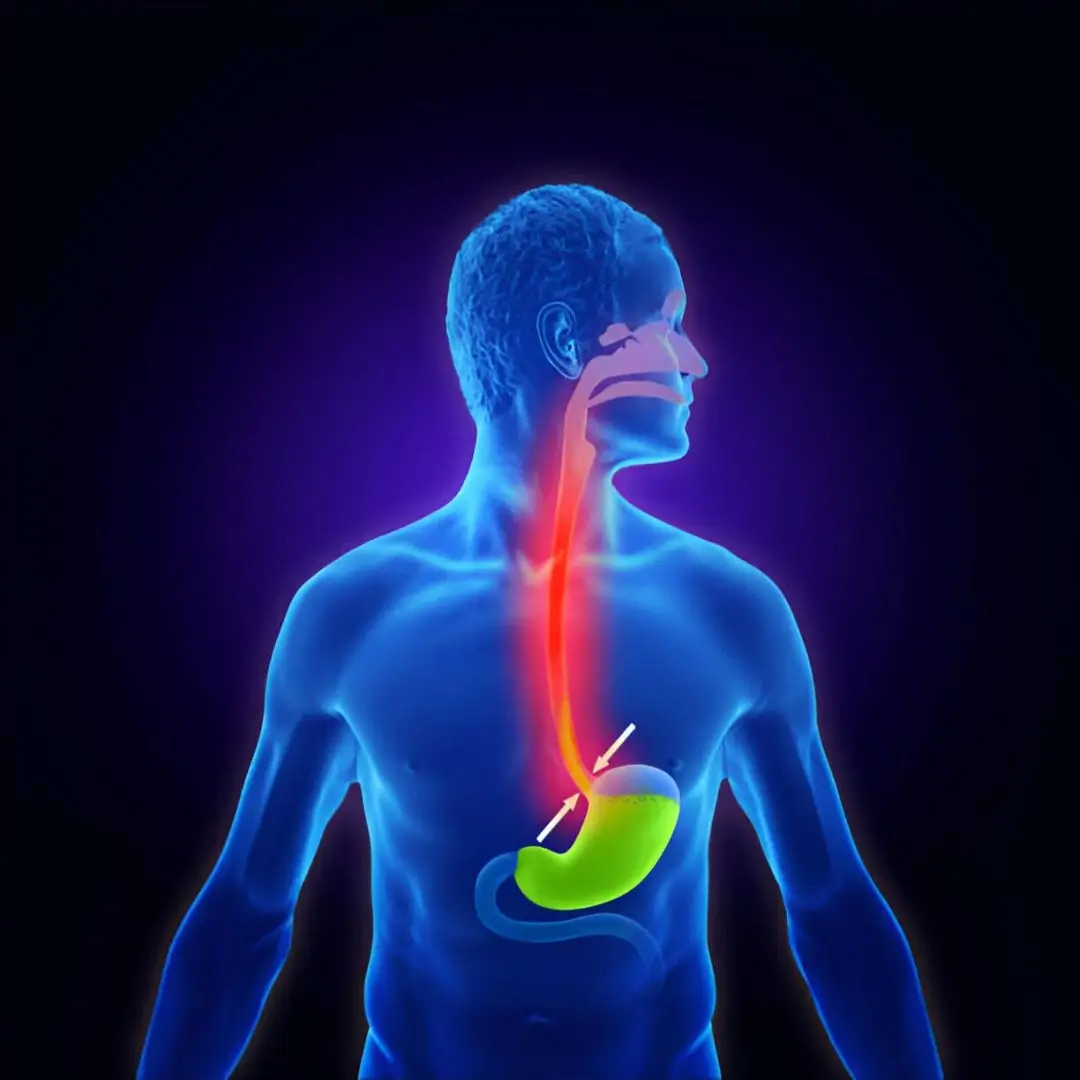Frequently Asked Questions
Esophageal dilation is a procedure used to widen a narrowed section of the esophagus to relieve swallowing difficulties.
It is done to treat esophageal strictures caused by acid reflux, scarring, or certain medical conditions.
Patients may feel pressure, but sedation is used to minimize discomfort during the procedure.
The procedure usually takes 15 to 30 minutes.
A special balloon or dilator is inserted through an endoscope to stretch the narrowed area of the esophagus.
Yes, you will need to avoid eating or drinking for at least 6 hours before the procedure.
Sedation is commonly used; in some cases, general anesthesia may be administered.
Risks include bleeding, perforation of the esophagus, infection, or chest pain.
You may be able to eat soft foods once the sedation wears off, usually within a few hours.
Some patients may need repeated procedures, especially if the stricture returns.
Mild throat soreness or discomfort may occur for a day or two. Serious symptoms should be reported immediately.
It provides symptom relief but may not be a permanent cure, depending on the underlying cause.
Yes, it can be safely performed in children by experienced specialists.
Yes, because of sedation, someone should drive you home and stay with you for a few hours.
Most insurance plans cover it when medically necessary. Check with your provider for details.

